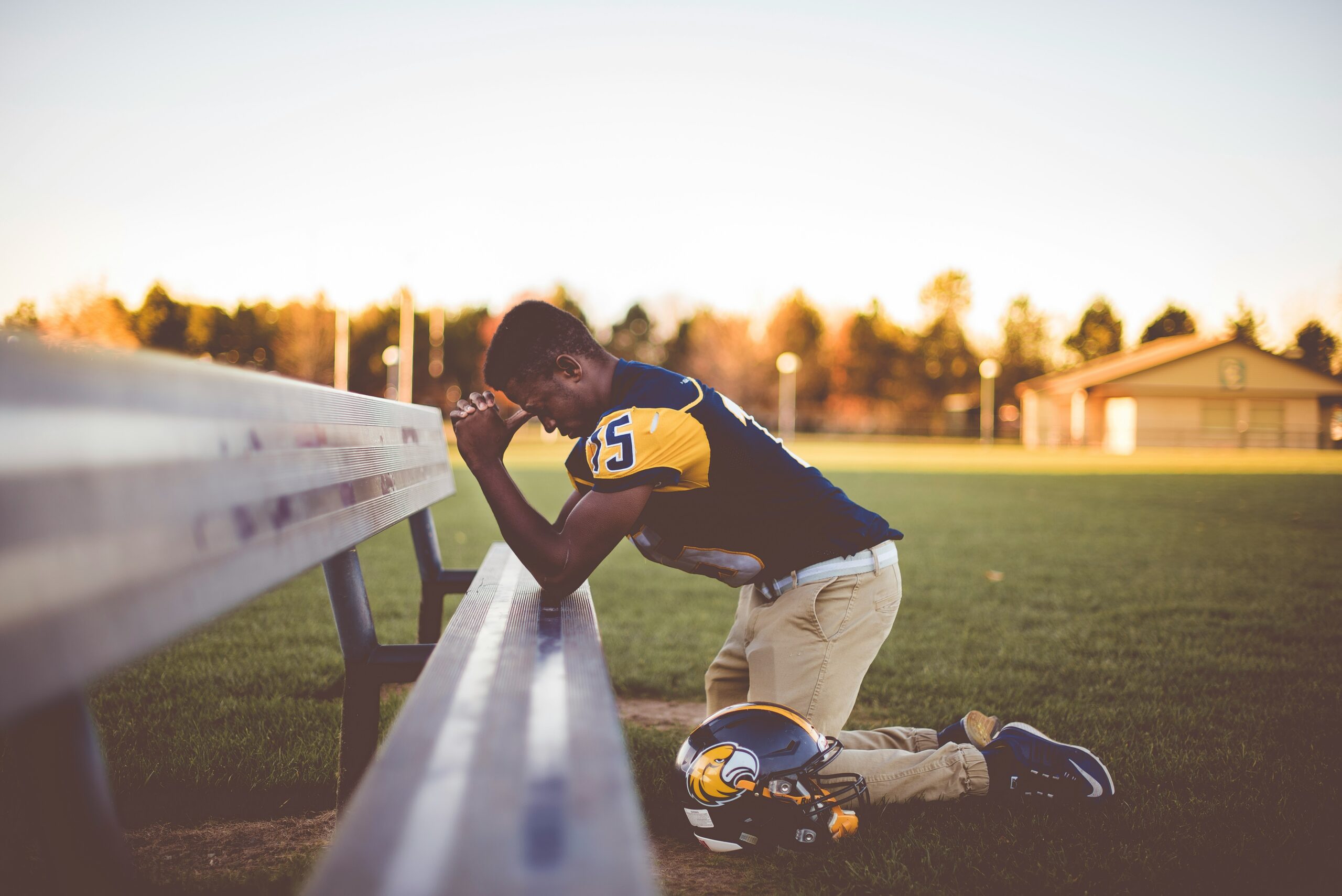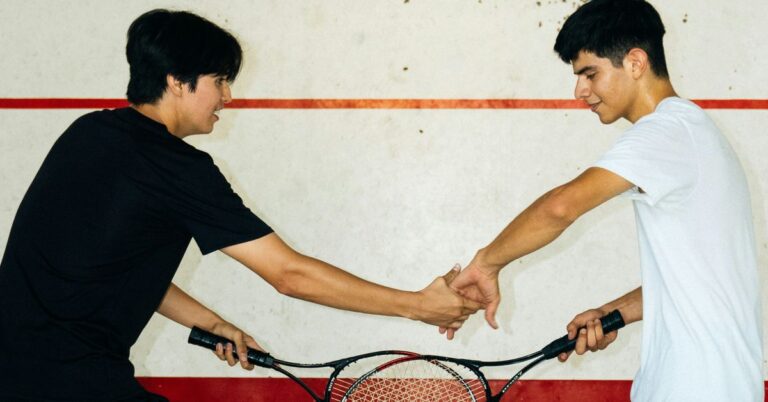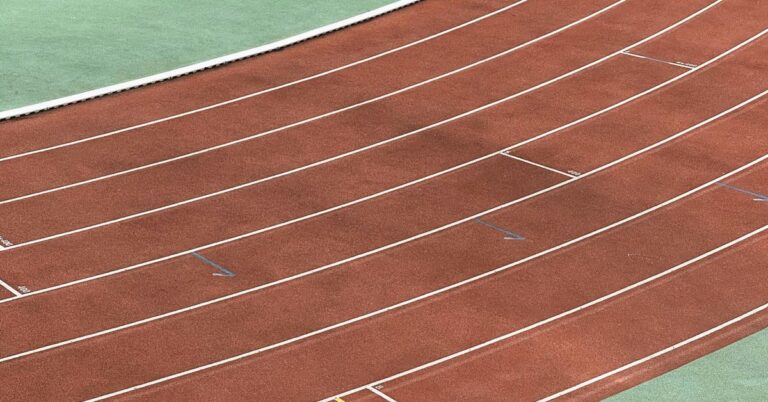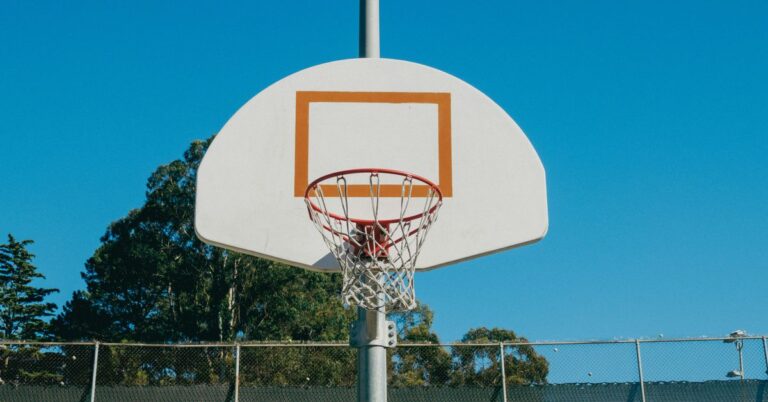
How Sports Shape Cultural Identity
Sports have long played a pivotal role in shaping cultural identities around the world. From ancient civilizations to modern societies, the impact of sports extends beyond mere entertainment to influence societal values, collective beliefs, and national pride. This article explores the multifaceted ways in which sports contribute to the formation and expression of cultural identity.
Building Collective Identity
Sports serve as a unifying force, bringing together individuals from diverse backgrounds under a common passion. When a nation or community rallies behind its athletes or teams, it fosters a sense of belonging and unity. For instance, during international sporting events like the Olympics or the FIFA World Cup, countries often experience heightened national pride and solidarity.
Dr. Ramn Spaaij, a sociologist specializing in sports, notes, “Sports provide a platform where collective identities are reaffirmed and celebrated. They offer a shared narrative that binds communities together.”
Reflecting Cultural Values
Each society’s sporting preferences and rituals reflect its unique cultural values and traditions. For example, traditional sports like Sumo wrestling in Japan or Kabaddi in India not only showcase physical prowess but also embody cultural heritage and spiritual significance.
According to cultural anthropologist Dr. Emma Tarlo, “Sports often serve as a mirror reflecting the ethos and aspirations of a society. They embody deeply rooted values that are passed down through generations.”
Preserving Cultural Heritage
Many indigenous cultures use sports as a means of preserving and transmitting their cultural heritage. These activities often incorporate storytelling, music, and rituals that are integral to the community’s identity. The Maori people of New Zealand, for instance, use the Haka dance not only as a pre-battle ritual but also as a symbol of their cultural identity and resilience.
Professor Harko Brown, an expert in indigenous studies, explains, “Sports play a crucial role in maintaining the continuity of indigenous cultures. They are a dynamic expression of traditions that might otherwise fade with time.”
Challenging Stereotypes and Promoting Inclusion
Sports have the power to challenge stereotypes and promote social inclusion. When athletes from marginalized groups achieve success, they often become role models who defy prejudice and inspire others. For example, the success of Jesse Owens in the 1936 Berlin Olympics shattered Nazi propaganda about racial superiority.
Dr. John Smith, a historian of sports, emphasizes, “Athletes who break barriers not only excel in their sport but also reshape societal attitudes, paving the way for greater inclusivity.”
Case Studies in Cultural Impact
- Brazilian Football: Football (soccer) is more than a sport in Brazil; it is a cultural phenomenon that binds together a diverse nation. The Brazilian style of play, characterized by flair and creativity, reflects the country’s joyous and vibrant cultural identity.
- Hurling in Ireland: Hurling is not just Ireland’s national sport but also a symbol of Irish heritage and resilience. The game’s fast-paced nature and deep-rooted traditions resonate deeply with the Irish people, uniting communities across the island.
- Sumo in Japan: Sumo wrestling is not only Japan’s ancient sport but also a cultural institution that embodies discipline, respect, and the pursuit of perfection. Its rituals and ceremonies are steeped in Shinto traditions, making it a quintessential expression of Japanese identity.
Conclusion
In conclusion, sports are far more than contests of physical skill; they are dynamic expressions of cultural identity and societal values. Whether through building collective pride, reflecting cultural values, preserving heritage, challenging stereotypes, or promoting inclusivity, sports play a profound role in shaping who we are as individuals and communities. By understanding this intersection of sports and culture, we gain insight into the rich tapestry of human experience and the enduring power of athletic endeavors.



